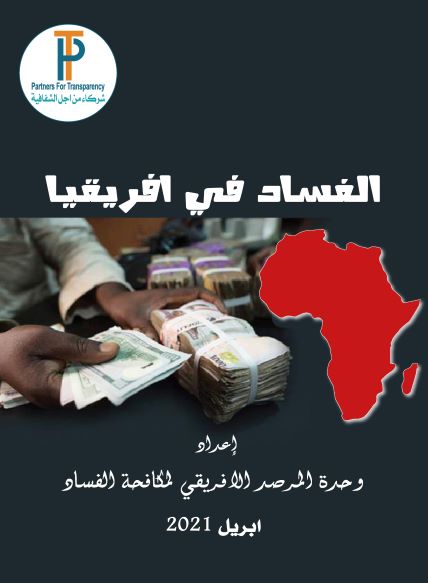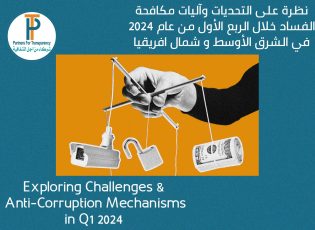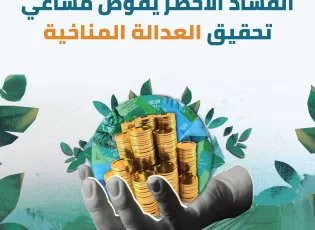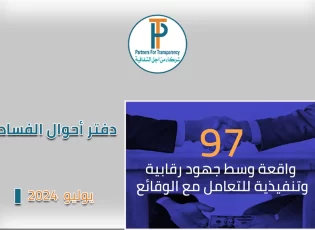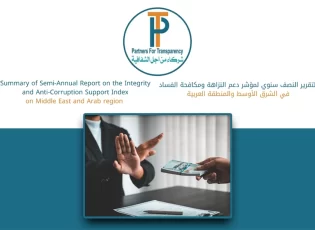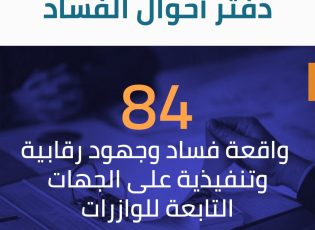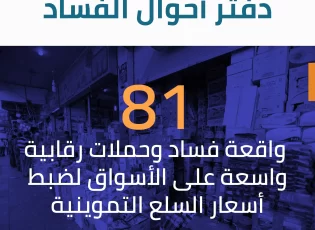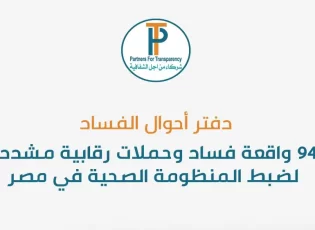The Corruption Observatory Unit in Africa of the Partners for Transparency Foundation issued its report for the month of April, in the context of its keenness to support integrity, transparency and good governance in countries, especially Arab and African countries. This report contained incidents in 28 African countries.
During this report, it became clear that a number of issues persist in a number of sectors, such as the illegal practices of the ruling elites in a number of countries, and this has appeared in countries such as Algeria, Angola and Mauritania, as well as corruption and irregularities related to the electoral process, which happened in countries such as Benin and the Congo. Somalia and Chad, where electoral violence killed President Idriss Déby.
It also showed the emergence of illegal practices in other sectors, such as the sports sector, where the results were manipulated by the referees in the game of cricket, in the state of Zimbabwe, in addition to the electricity sector in the state of Tanzania.
At the same time, some countries have adopted strategies to support the fight against corruption, which happened in models such as Kenya's plan to use digital transformation to combat fraud crimes in the agricultural sector, as well as Tunisia's announcement of the National Anti-Corruption Strategy 2022-2026, as well as Morocco's amendment. In the Anti-Bribery Authority.
Through this report, Partners for Transparency has recommended a number of recommendations, including:
First: The importance of researching the causes of the spread of illegal practices in the health sector in light of confronting the Coronavirus.
Second: The importance of making use of technological advances in using digital tools to combat fraudulent practices.
Third: Allowing civil society organizations to play more roles, especially with regard to spreading the culture of reporting illegal practices.
April reportDrShort link: https://pfort.org/en/?p=4647

